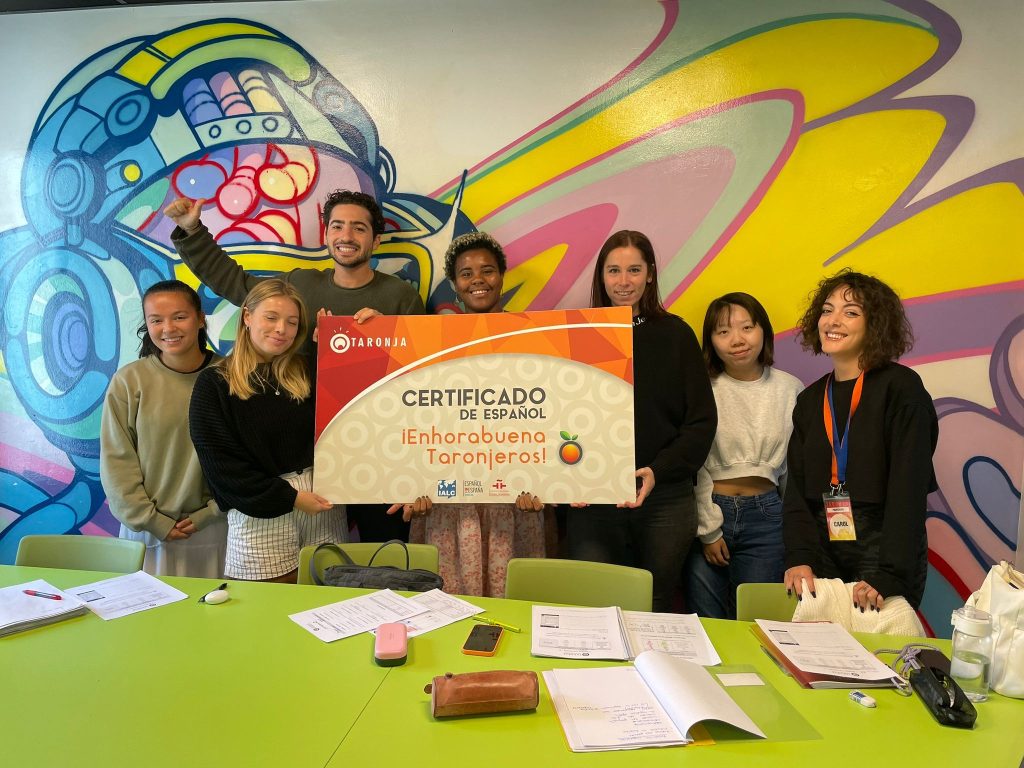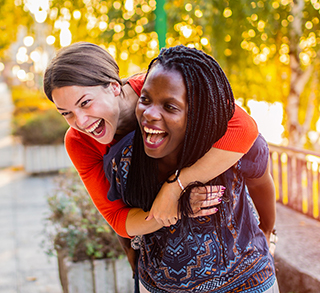By Misty Macdonald, 2023-24 McCall MacBain International Fellow in Spain
When I arrived at Valencia’s bus station in the darkness of midnight, I had no idea what to expect from the city I would call home for the next four months. One rickety elevator later, I was greeted by my homestay mother, engaging in a charade-like conversation where neither of us could communicate in the other’s native tongue. Three days later, I started my intensive language course in the heart of the old city, surrounded by 13th-century churches, the bustling central market and in class, the shock of instructions and explanations solely in Spanish.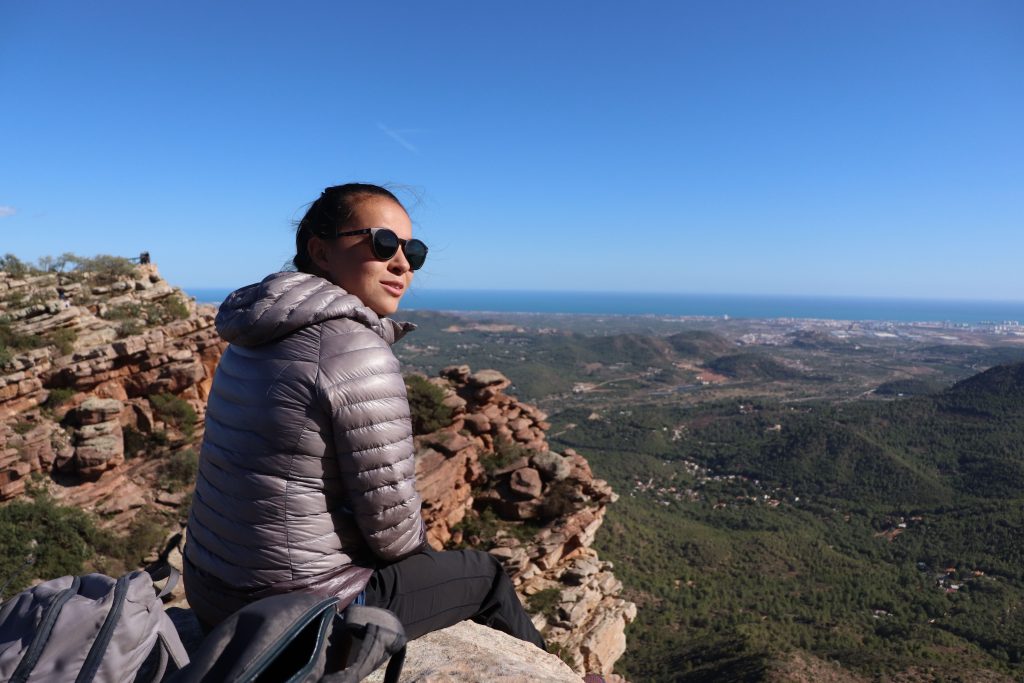
Throughout the last few months, I have had the amazing opportunity of discovering Valencia slowly, in a way completely unlike how I have ever travelled before; to not only explore what is here on the surface, but who is here and how. Seemingly mundane tasks tend to transform themselves into learning moments no matter how hard I try. It’s not until you really try to find your place within a community that you begin to understand how it was built. I have noticed that along with Spanish national pride exists complex linguistic politics, and thus, complex, layered perceptions of identity. What does it mean to be Spanish? Valencian? To live in each one of the city’s 88 neighbourhoods, “barrios”? Two doors down from my apartment is one example of how I have observed culture and community in Valencia: my barrio’s Falla office. Las Fallas festival has been inscribed as an Intangible UNESCO Cultural Heritage of Humanity. One facet of this week-long event involves displaying intricate ~20 ft wooden monuments, “ninots” on city corners to be admired by spectators. Annually, each barrio assembles a committee to create a ninot that is representative of their community interests and collaboration throughout the entire year.
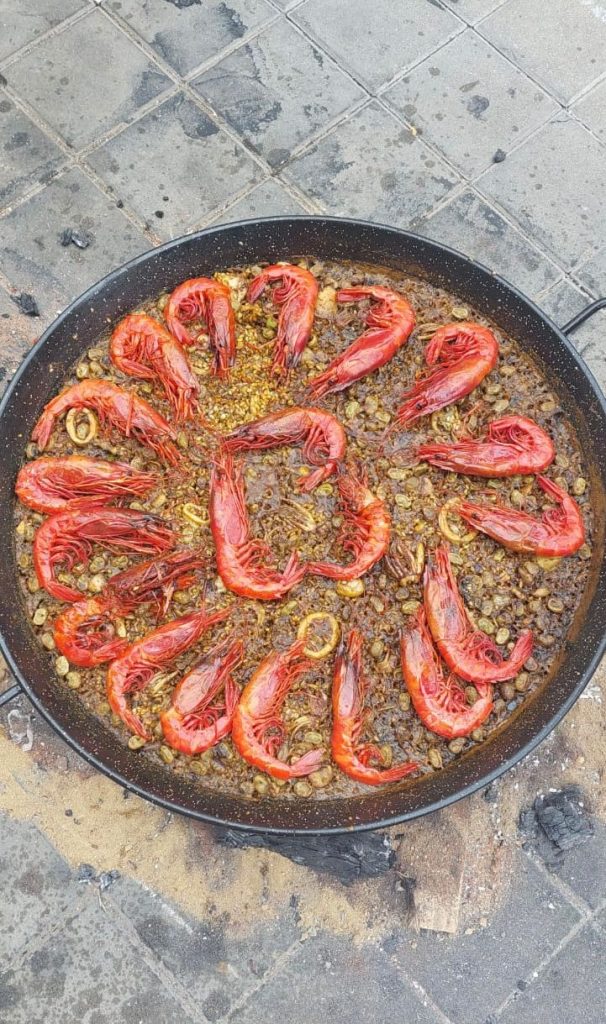
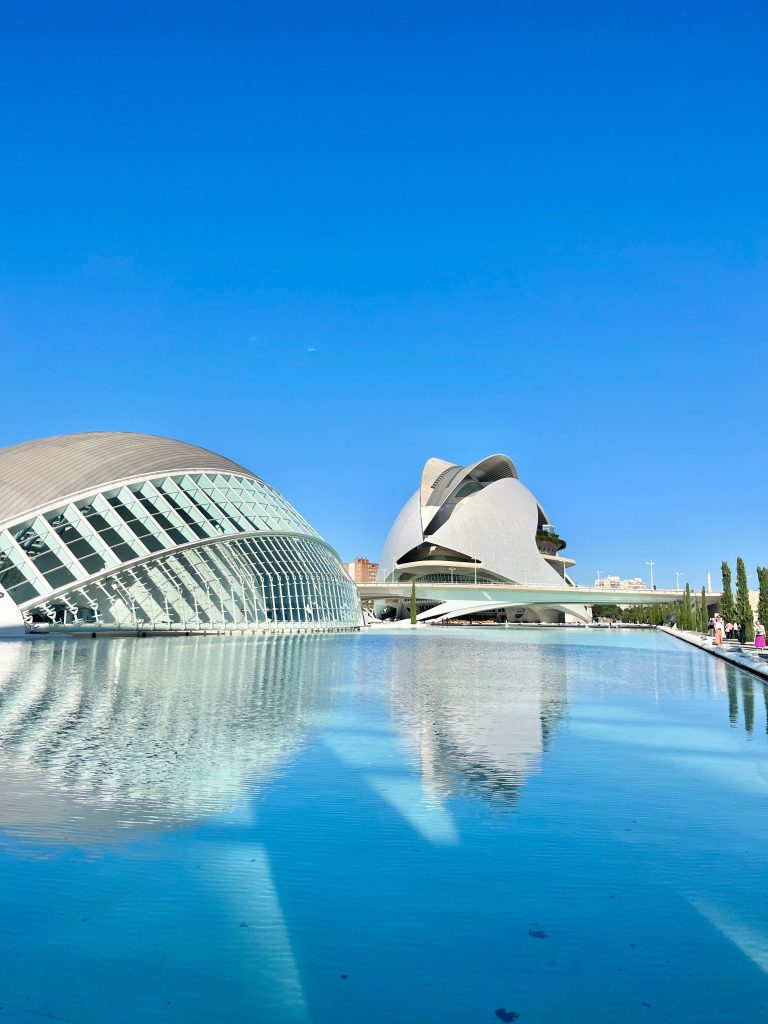 Facts like these are among the highlights of my fellowship in Spain thus far, becoming familiar with how cultural context, geography, and language interact and influence one another. And of course, I can take away quirky nuances like what meat combinations of the local dish; paella will severely upset your neighbourhood abuela or how if you walk through the beautiful urban Jardin del Turia it was NOT a trip to the park, but the river, despite its lack of water (this has been a heated topic of debate in my class for many weeks now).
Facts like these are among the highlights of my fellowship in Spain thus far, becoming familiar with how cultural context, geography, and language interact and influence one another. And of course, I can take away quirky nuances like what meat combinations of the local dish; paella will severely upset your neighbourhood abuela or how if you walk through the beautiful urban Jardin del Turia it was NOT a trip to the park, but the river, despite its lack of water (this has been a heated topic of debate in my class for many weeks now).
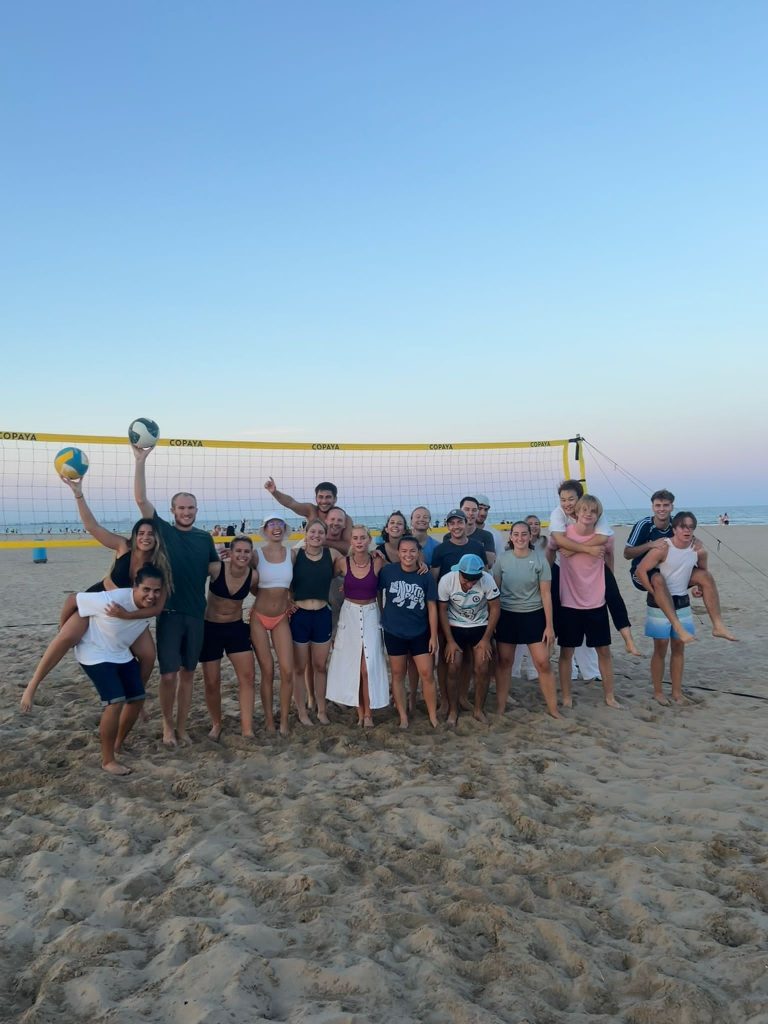 Along with my language classes, I’ve spent much of my time making tapas at my school’s cooking nights, playing beach volleyball, and hiking on the weekends.I live with an older Spanish couple and an ever-changing mix of other international students from my school. Within the span of a month, I went from struggling to keep up with experienced Spanish students at the dinner table to struggling an equal amount when translating for my new roommates who had never studied the language. Not only have I been challenged to adapt to the immediate change associated with moving across the world, but also the rotation of roommates, classmates, and teachers on a weekly basis.
Along with my language classes, I’ve spent much of my time making tapas at my school’s cooking nights, playing beach volleyball, and hiking on the weekends.I live with an older Spanish couple and an ever-changing mix of other international students from my school. Within the span of a month, I went from struggling to keep up with experienced Spanish students at the dinner table to struggling an equal amount when translating for my new roommates who had never studied the language. Not only have I been challenged to adapt to the immediate change associated with moving across the world, but also the rotation of roommates, classmates, and teachers on a weekly basis.
Living abroad, I continue to reflect on the lack of neutrality I feel each day. Simultaneously, I’ve experienced the most fulfilling and discouraging moments and have come to realize that this mixed bag of confusing, exciting, and terrifying feelings is exactly what it means to actively stretch your comfort zone, and the importance of acknowledging the sacrifice and reward of leaving that comfort behind.
